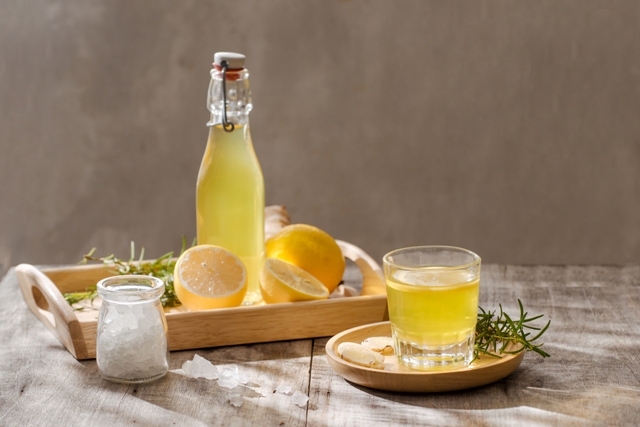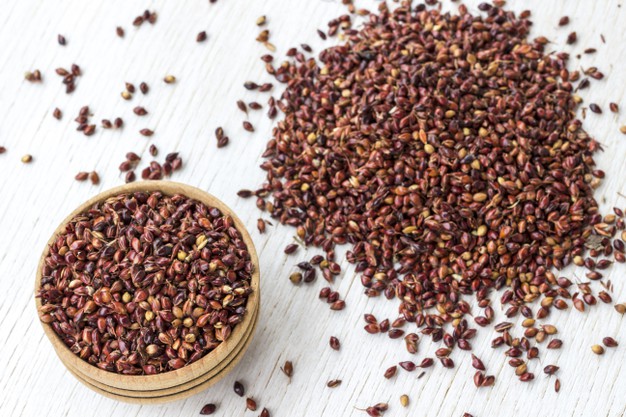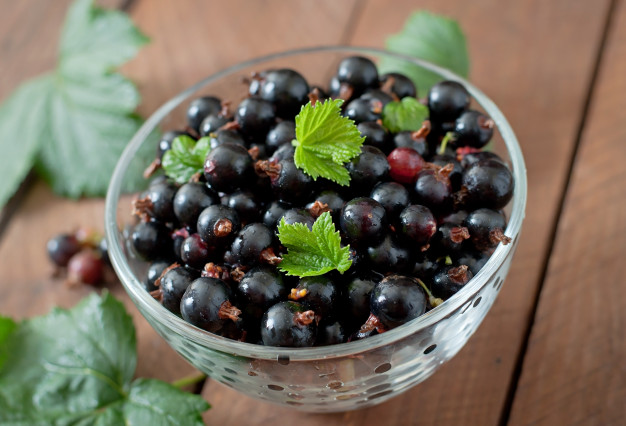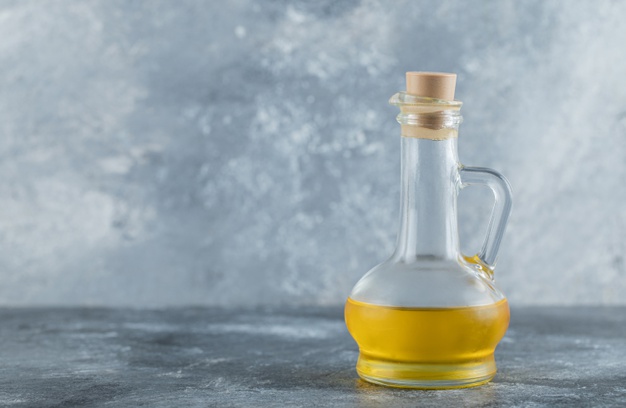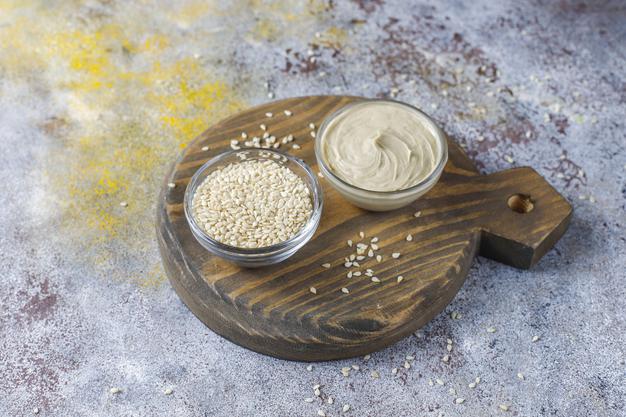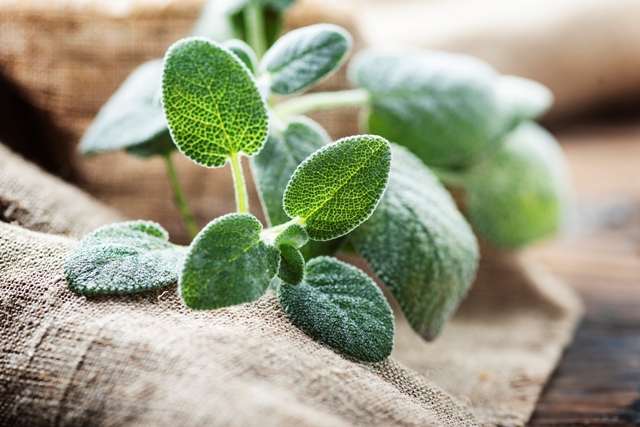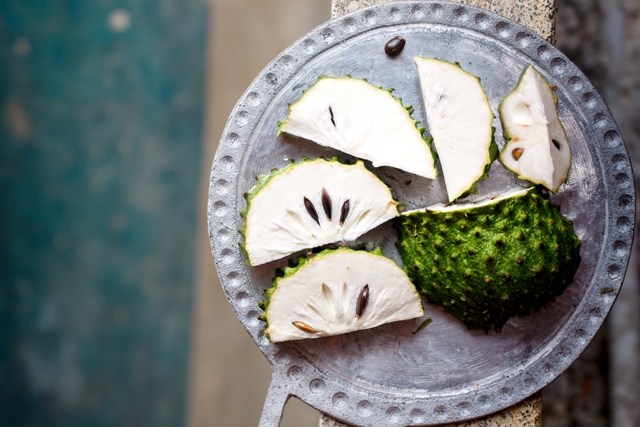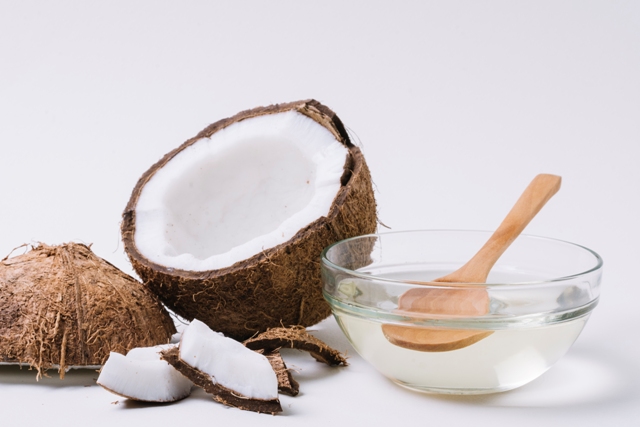Ginger ale is a carbonated non alcoholic beverage, flavoured with ginger. It is considered as an imperative as well as healthier alternative for sodas and extensively used for various therapeutic purposes. It is recognized as an extremely effective home based remedy for motion sickness, indigestion, sore throats and cough.
General information regarding ginger ale
- Ginger ale is a soft drink
- Basically it has a golden colour
- It has a unique and refreshing flavor
- It is said that ginger ale has its origin in Ireland and it is claimed that it is originated in the middle of 19th century. On the other hand the bubbly, pale beverage with a milder ginger flavor is said to be appeared in Canada in the early of 20th century
- It also possess some health benefits of ginger
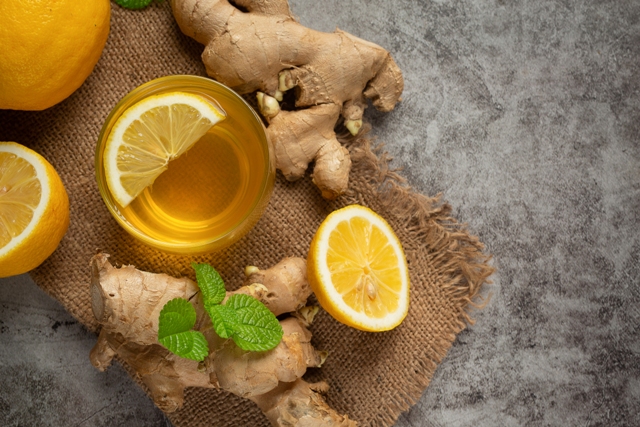
Type of ginger ale
Ginger ale exists in various forms. Below points will discuss about three most popular types of ginger ale, which include –
Dry ginger ale
- This type of ginger ale has drier ginger flavor
- It is also spicier than other type of ginger ale

Regular ginger ale
- It is the most common type of ginger ale and has been used for centuries
- It is mainly composed of ginger, soda and sugar especially high fructose corn syrup
Diet ginger ale
- This type of ginger ale contains calorie free sweeteners or artificial sweeteners in the place of sugar
How it is prepared?
Ginger ale is widely available commercially and it is prepared by mixing carbonated water with sugar or artificial sweeteners or low calorie sweeteners along with natural or artificial ginger flavouring.
It can be easily prepared at home as well. Below points will discuss about home based methods of preparing ginger ale –
- Peeled and chopped ginger, lemon peel, sugar, soda and water (about 4 cups) are required for preparing ginger ale
- At first all the ingredients should be gathered
- Then ginger, water and lemon peel should be placed in a saucepan and subjected to boiling over high heat for about 10 minutes
- Then sugar should be added to it and it should be stirred until the volume is reduced to 3 cups
- After that it should be strained and subjected to cooling. Then it should be poured into a glass jar and should be sealed tightly and supposed to be chilled for at least one hour. It can be kept in refrigerator as well, where it can be preserved for up to one week
- Finally cold club soda should be mixed with this ginger syrup before serving

Difference between ginger ale and ginger beer
Ginger ale and ginger beer is not the same thing. They differ in various ways like –
- They differ in their alcohol content. Ginger beer contains alcohol. Though ginger beer contains lesser amount of alcohol (about 0.5%) compared to other alcoholic beverages but it has seen that in various parts of world they are used interchangeably
- Ginger ale and ginger beer differ in their appearance as well. Ginger beer appears relatively cloudier than ginger ale and ginger beer have a head on the top of the glass like other carbonated soda
- Ginger beer is comparatively spicier as well as stronger in taste than ginger ale. Whereas, ginger beer is relatively less carbonated
- Ginger ale is sweeter than ginger beer
Difference between ginger and ginger ale
Ginger is a flowering plant, whose root is extensively used as a spice. It is also used for various medicinal purposes, whereas ginger ale is a carbonated beverage, which is flavoured with ginger spice
Nutritional profile
Most of the people may imagine of ginger ale as another form of soda but ginger ale contains various imperative nutrients like –
- It contains desirable amount of carbohydrates, especially glucose, fructose and sucrose
- It does not contain any fibre, proteins, fats and cholesterol
- It does not provide enough calories in its oxidation thus it is considered as a low calorie beverage
- It contains numerous imperative micronutrients, which include sodium, potassium, calcium, manganese, magnesium, copper, zinc, iron and selenium

Biological activity
Antioxidant activity
- We know that for flavouring purpose, ginger ale uses ginger as a result it possesses some health benefits of ginger
- It has seen that consumption of ginger ale is responsible for exerting antioxidant activity, which helps in decreasing the concentration of free radicals as well as reactive oxygen species in body and protects the body from their detrimental effects
- It helps to prevent oxidative stress as well
Anti-inflammatory activity
- Gingerol is an important component of ginger found in ginger ale plays vital role in preventing inflammation
- It helps in delaying the onset of inflammatory events within body by reducing the concentration of inflammatory mediators
Anti-carcinogenic activity
- Oxidative stress reducing activity of this drink plays significant role in reducing the susceptibility of carcinoma
- It is very effective for suppressing the growth of ovarian cancerous cells by neutralizing cancer causing free radicals and decreases the prevalence of ovarian cancer

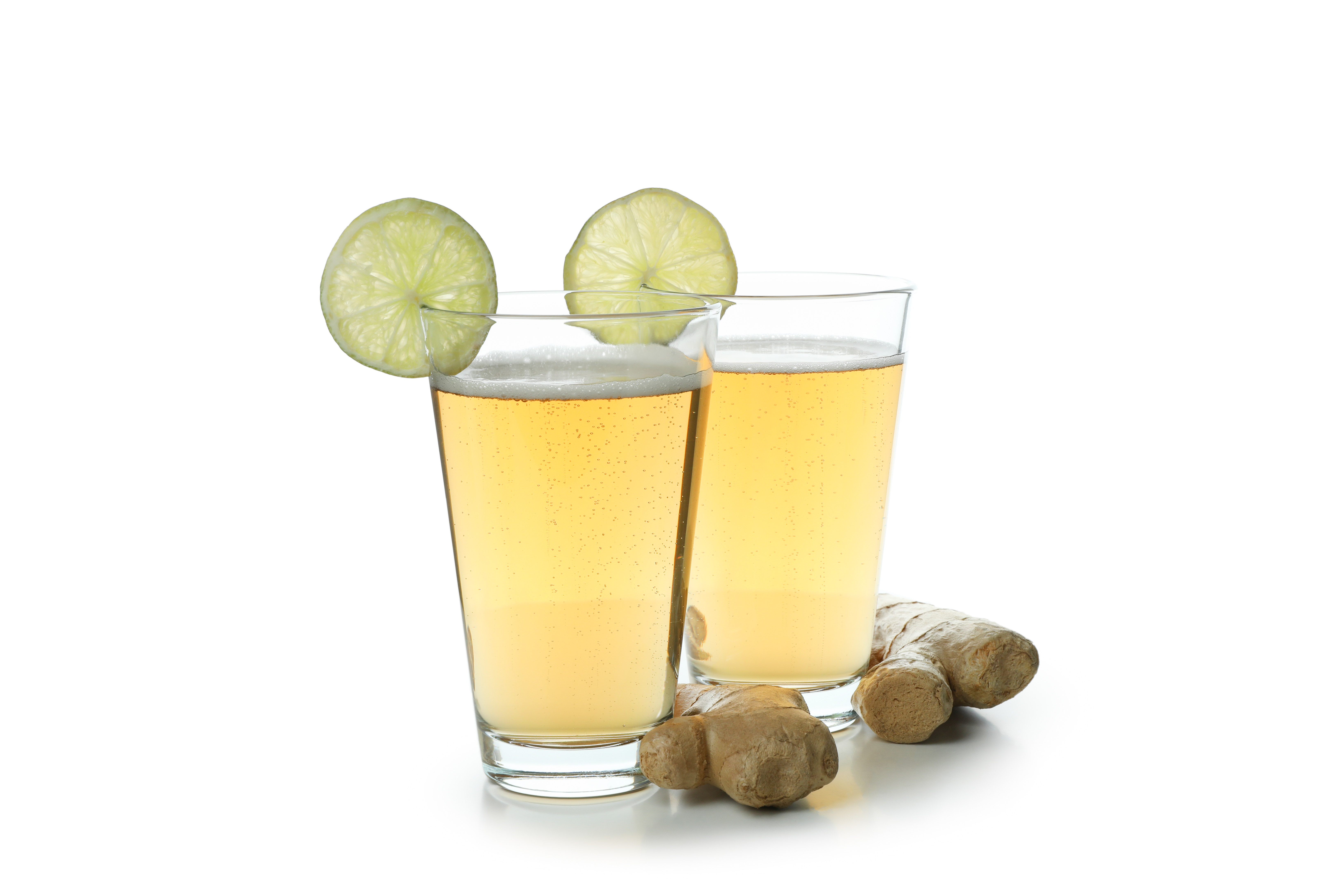
Health benefits
Role on digestive health
- It is extensively used as an important preventive measure for indigestion
- It is also associated with preventing nausea
- As ginger helps in increasing gastric emptying thus consumption of this beverage (flavoured with ginger) is thought to be very effective for decreasing the prevalence of heartburn
- Carminative and antispasmodic properties of ginger are also related with decreasing the susceptibility of flatulence, cramping and bloating
- Individual suffer from inflammatory bowel disease as well as irritable bowel syndrome may find relief by consuming ginger ale
Role on metabolism
- Thermogenic properties of ginger is responsible for boosting up the overall metabolism of the body
- It is also very much helpful for increasing the catabolic rate of the body
Role on weight management
- Individual who want to reduce their body weight should include ginger ale in their regular diet
- As mentioned above it is related with increasing the catabolic rate of the body thus its consumption is thought to be very effective for increasing calorie expenditure, which ultimately facilitates weight reduction
- Being a low calorie beverage its consumption is also very helpful for reducing the risk of gaining weight

Role on skeletal system
- Its calcium component plays imperative role in promoting the overall health of skeletal system as it is considered as the most vital component required for healthy bone formation
- It is also associated with improving joint health by preventing joint swelling thus its consumption is thought to be extremely beneficial for improving the symptoms of arthritis
Other health benefits
- It helps in preventing hypertension
- It is also associated with reducing fasting blood sugar level by about 12% and helps to improve the level of HbA1c as well
- It helps to prevent the oxidation of LDL and also helps to maintain the level of cholesterol at check
- It helps to improve immunological responses too
- It is also very effective for improving the health and activity of nervous system
Risk factors
As it is a carbonated beverage and contains sugar thus its over consumption may increase the risk of digestive disorders, hyperglycemia and obesity. Thus it is better to consume it in moderation.
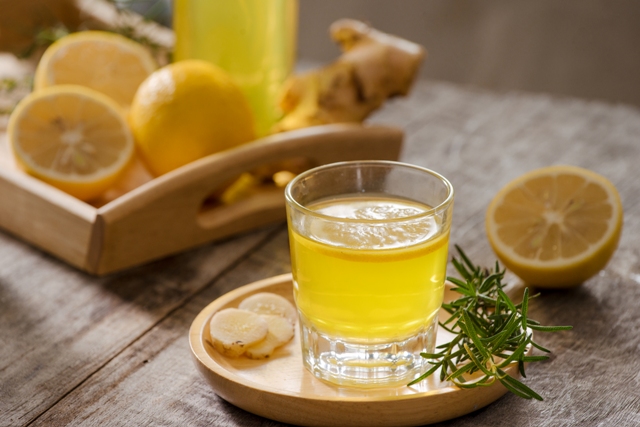

Source:
Dwiloka, B., Pramono, Y.B., Zaliani, A., Setiani, B.E. and Puspitoasih, A.D., 2020, September. pH Value, Total Microbes, Alcohol Content and Overall Hedonic Characteristic of Ginger Ale. In IOP Conference Series: Earth and Environmental Science (Vol. 518, No. 1, p. 012065). IOP Publishing.
Fasoli, E., D'Amato, A., Citterio, A. and Righetti, P.G., 2012. Ginger Rogers? No, ginger ale and its invisible proteome. Journal of proteomics, 75(6), pp.1960-1965.
Mahomoodally, M.F., Aumeeruddy, M.Z., Rengasamy, K.R., Roshan, S., Hammad, S., Pandohee, J., Hu, X. and Zengin, G., 2021, February. Ginger and its active compounds in cancer therapy: From folk uses to nano-therapeutic applications. In Seminars in cancer biology (Vol. 69, pp. 140-149). Academic Press.
Mogan, J. and O'Brien, J.S., 1972. The counterconditioning of a vomiting habit by sips of ginger ale. Journal of Behavior Therapy and Experimental Psychiatry, 3(2), pp.135-137.
Previtali, K., 2003. Ginger Ale’s Irish Roots. Bottles and Extras Magazine.
